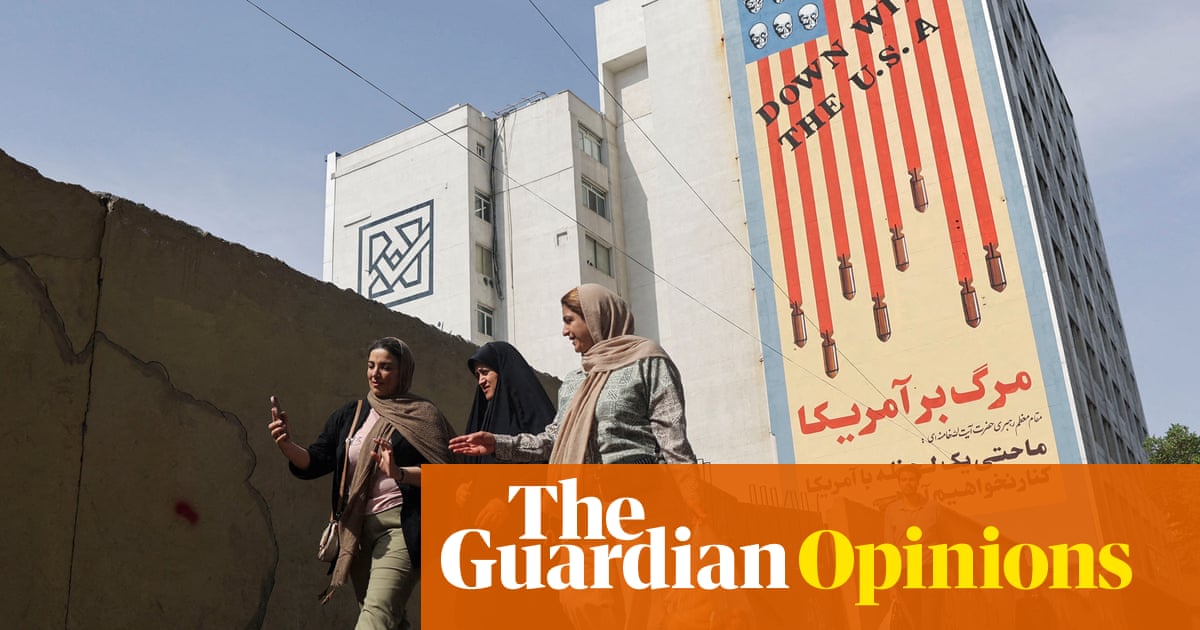Ayear into his first term, Donald Trumppulled the US outof the hard-won international deal that hadslowed Iran’sadvance towards nuclear weapons, and imposed punishing sanctions. Europe tried to keep the joint comprehensive plan of action (JCPOA) on life support. But the strangling of Iran’s economy, and the US assassination of Qassem Suleimani, the powerful head of its Quds force, undermined the country’s moderates and the progress on non-proliferation.
The fallout of Mr Trump’s Iran policy is still becoming evident. On Thursday, the UN nuclear watchdog found, for the first time in two decades, that Tehran wasnot in compliancewith the nuclear non-proliferation treaty. Iran vowed to “significantly” increase production of enriched uranium in retaliation, following a pattern of escalation in response to International Atomic Energy Agency criticism. US and European officials say that Israelappears readyto strike its adversary’s nuclear facilities. Fear of the consequences reportedly drove the US decisionto withdraw non-essential diplomatic personnelfrom Iraq, Bahrain and Kuwait.
There isvery good reason to be scepticalabout an attack. Israel has prepared for strikes on Iranian nuclear facilities before and drawn back. Without US help, suggest many analysts, it could not destroy them and might instead spur Iran into rushing for the bomb, as well as retaliating by other means. Talking up an attack might be intended to draw Mr Trump in, though the US president does not look cooperative. He wrongfooted Benjamin Netanyahu in April when, sitting beside the Israeli prime minister, he announced US talks with Iran. Thepresident’s remarkon Thursday that an Israeli strike “could very well happen soon” sounded mostly like it was intended to push Iran towards concessions in the next round of discussions,due to be held in Omanthis weekend.
Yet progress has been limited, and if things go badly this time there is cause to be concerned. Mr Netanyahu is clinging to office with increasing desperation. All eyes are on Israel’s slaughter of Palestinians in Gaza, but the prime minister talks of war “on seven fronts”: strikes in Syria andLebanoncontinue.
Last year, Israel decapitated not only Hamas but, critically, Hezbollah and – when Tehranretaliatedwith a missile attack –hit Iranian military targets. It may believe that it can now cause maximum damage to an existential threat at minimal cost to its forces – and that the window will soon close, as Iran reconstructs its air defences and its nuclear programme rapidly advances.
But Steve Witkoff, the US Middle East envoy, hasreportedlytold Republican senators that Israeli defences could be overwhelmed by Iranian retaliation. Allies must make clear to Mr Netanyahu their absolute opposition to a reckless move that would further imperil the region.
Iran’s alarming progress is part of agrim picture of nuclear proliferationinternationally. The immediate priority must be ensuring that Israel pulls back from the brink again. But the real prize would be a nuclear deal with Iran. Mr Trump claims one is “fairly close”, but has demanded an end to enrichment. Tehran is only likely to agree to limiting nuclear progress – the kind of deal Mr Trump walked away from, but which could perhaps be repackaged for him as a bold new accord by a master negotiator.
